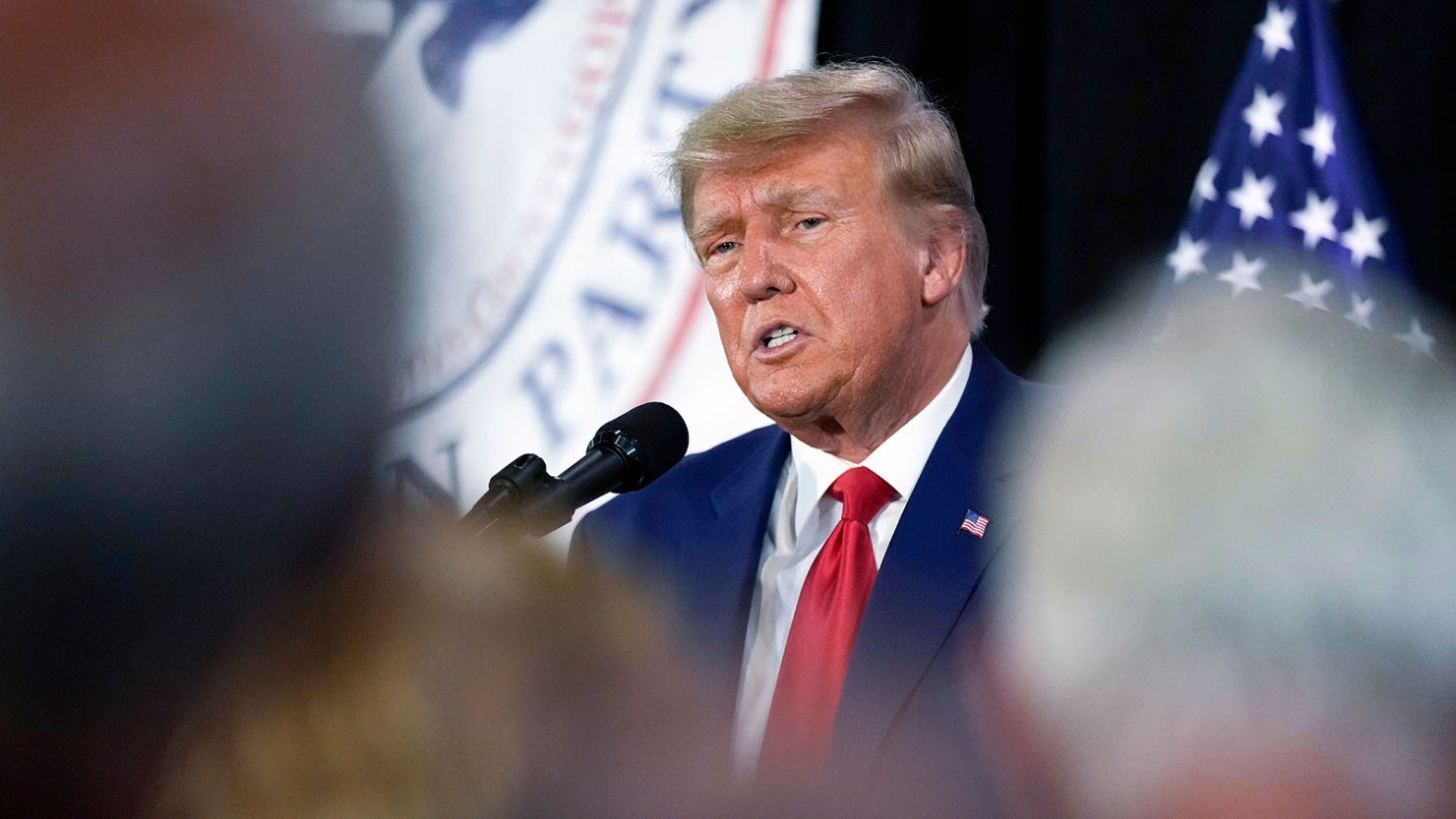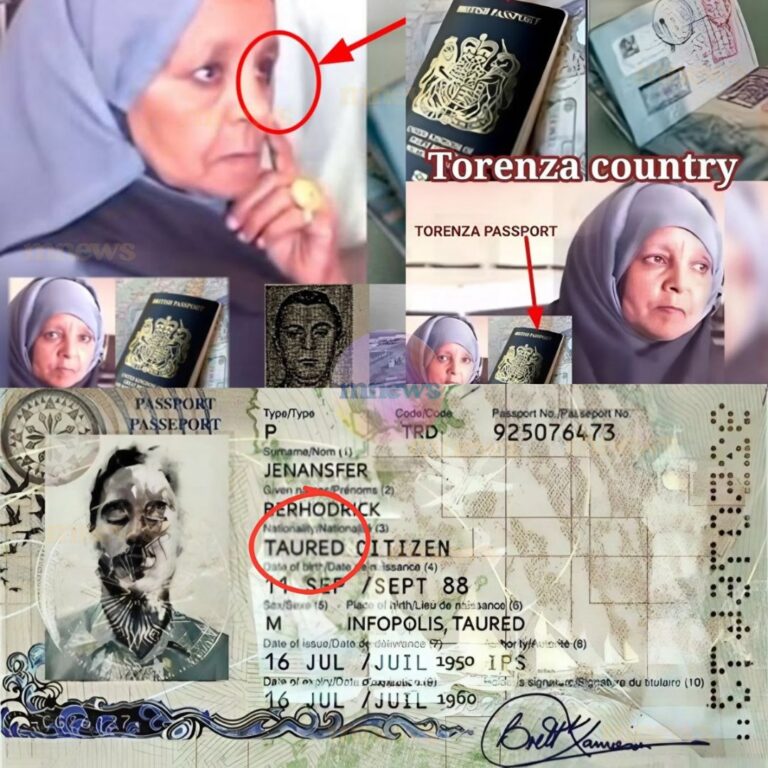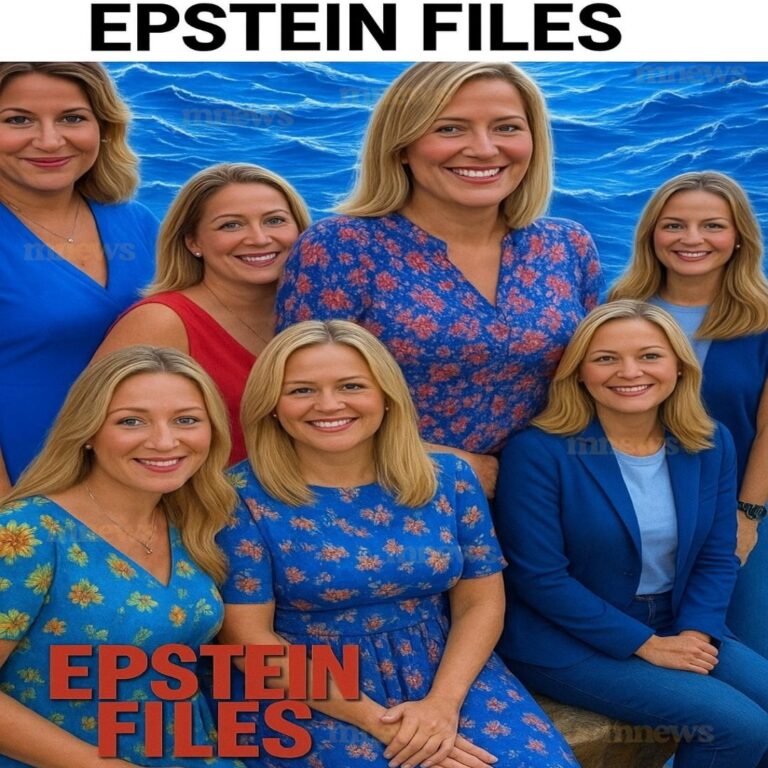A groundbreaking court ruling in New York has thrust Donald Trump’s business empire into a precarious state of government oversight, signaling a seismic shift in accountability for powerful figures. The court has determined that the Trump Organization engaged in “persistent fraud,” inflating asset values to secure favorable loans and insurance terms. This decision is not merely a legal setback for Trump; it represents a profound test of the integrity of business practices and the enforcement of accountability at the highest levels.

New York Attorney General Letitia James’s accusations have culminated in a ruling that orders the Trump Organization to pay over $450 million in disgorgement—essentially reclaiming profits deemed ill-gotten. This hefty financial penalty is coupled with the appointment of a financial monitor, a move that underscores the court’s lack of trust in the organization’s ability to self-regulate. The monitor’s role is intrusive and comprehensive, overseeing day-to-day transactions and requiring approval for significant business decisions. This level of scrutiny fundamentally alters how the Trump Organization operates, potentially stifling its agility in a fast-paced market.
The implications of this ruling extend far beyond the immediate financial ramifications. By maintaining oversight, the court has effectively stripped the Trump Organization of its autonomy, raising critical questions about governance and control. Investors and stakeholders must now grapple with the uncertainty introduced by this oversight, which can significantly impact decision-making speed and operational flexibility. The ruling sends a clear message: accountability applies even to the most influential figures.

The court’s decision also highlights a crucial tension between business practices and legal compliance. While Trump’s legal team argues that banks conducted their own due diligence and suffered no losses, the court’s focus on the integrity of financial disclosures raises a fundamental issue: the importance of transparency in maintaining trust within the market. If businesses can manipulate figures without repercussions, the entire system risks losing credibility.
As the situation unfolds, the potential for political entanglements adds another layer of complexity. With Trump’s ongoing legal challenges—including federal investigations and state-level cases—his ability to navigate both business and political responsibilities may be compromised. This convergence of interests poses significant risks not only to the Trump Organization but also to the broader economic landscape, where trust in governance and business practices is paramount.
The ruling’s effects will reverberate through the markets, prompting investors to reassess their positions and risk exposure. The uncertainty surrounding Trump’s business operations, now under court supervision, could lead to a reevaluation of valuations and a cautious approach to investment in similar enterprises. As the legal battle continues, the question remains: how will this unprecedented oversight reshape the relationship between business and accountability in America? The outcome will be closely watched, as it may set a precedent for future cases involving powerful individuals and their enterprises.





